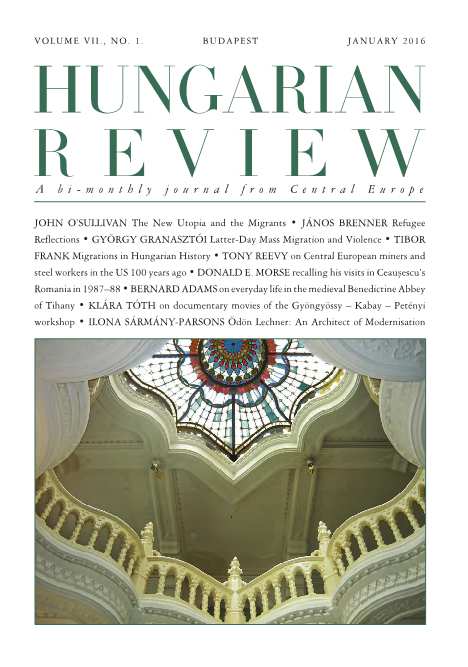
We kindly inform you that, as long as the subject affiliation of our 300.000+ articles is in progress, you might get unsufficient or no results on your third level or second level search. In this case, please broaden your search criteria.

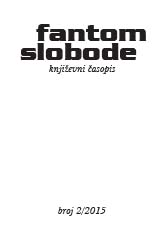
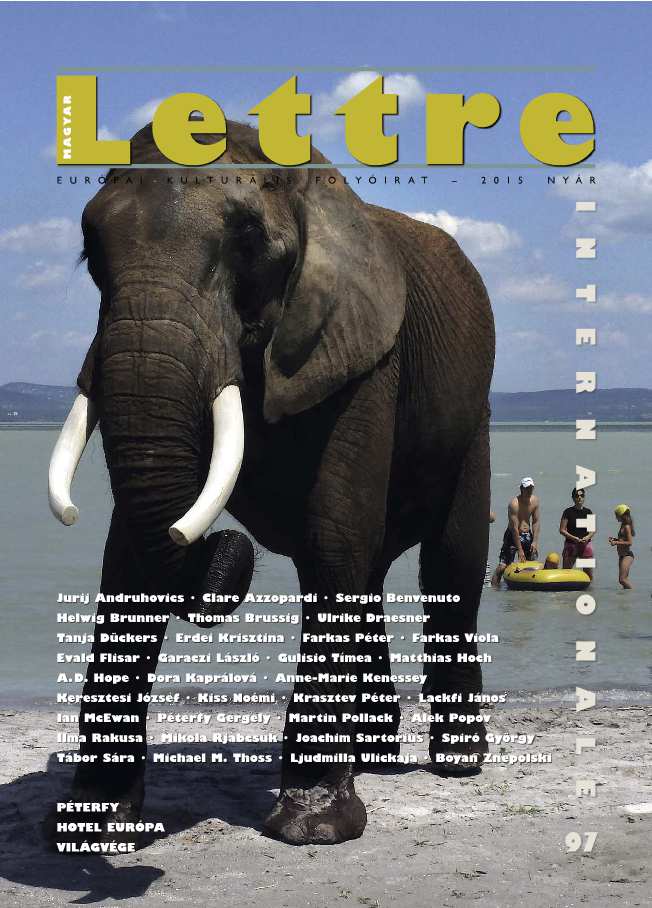

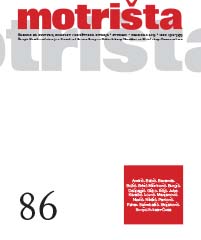
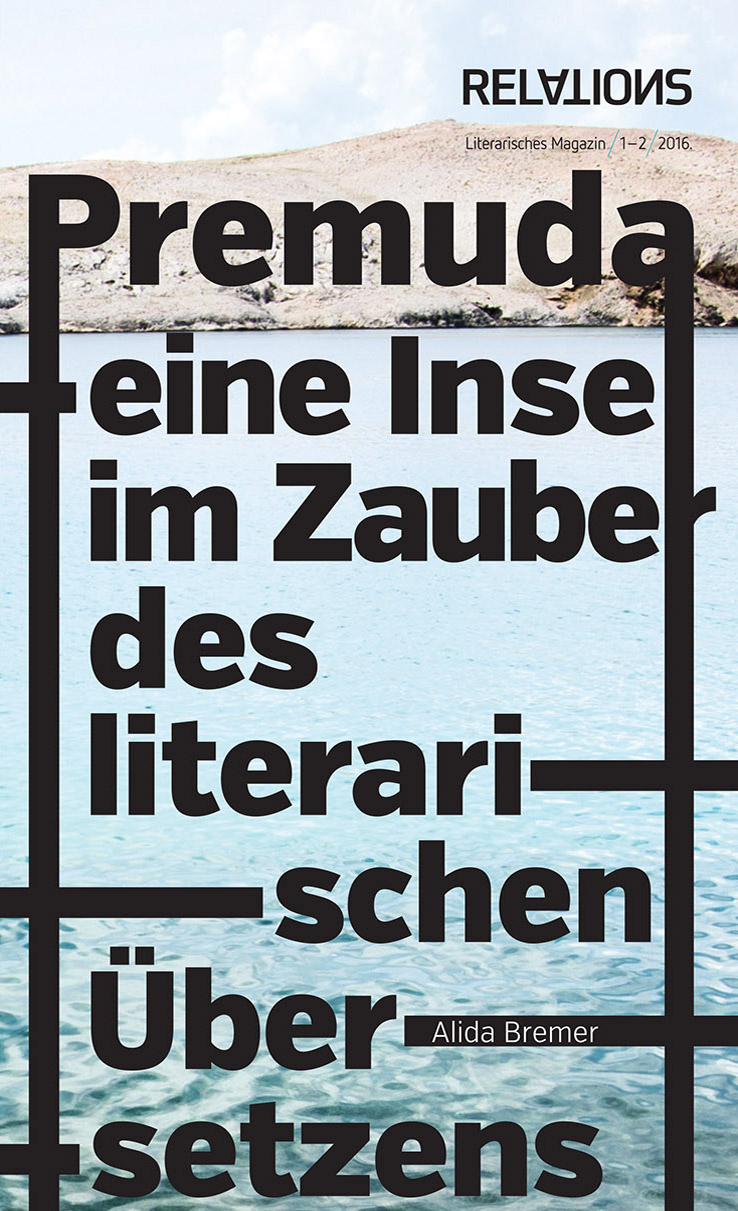





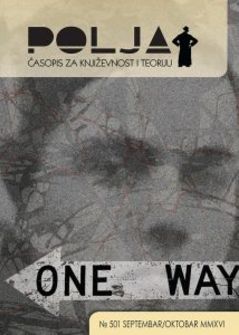
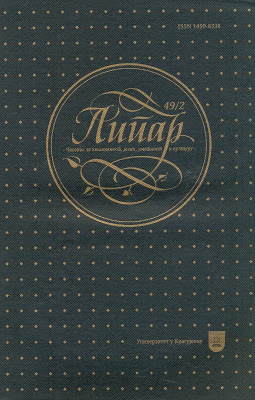

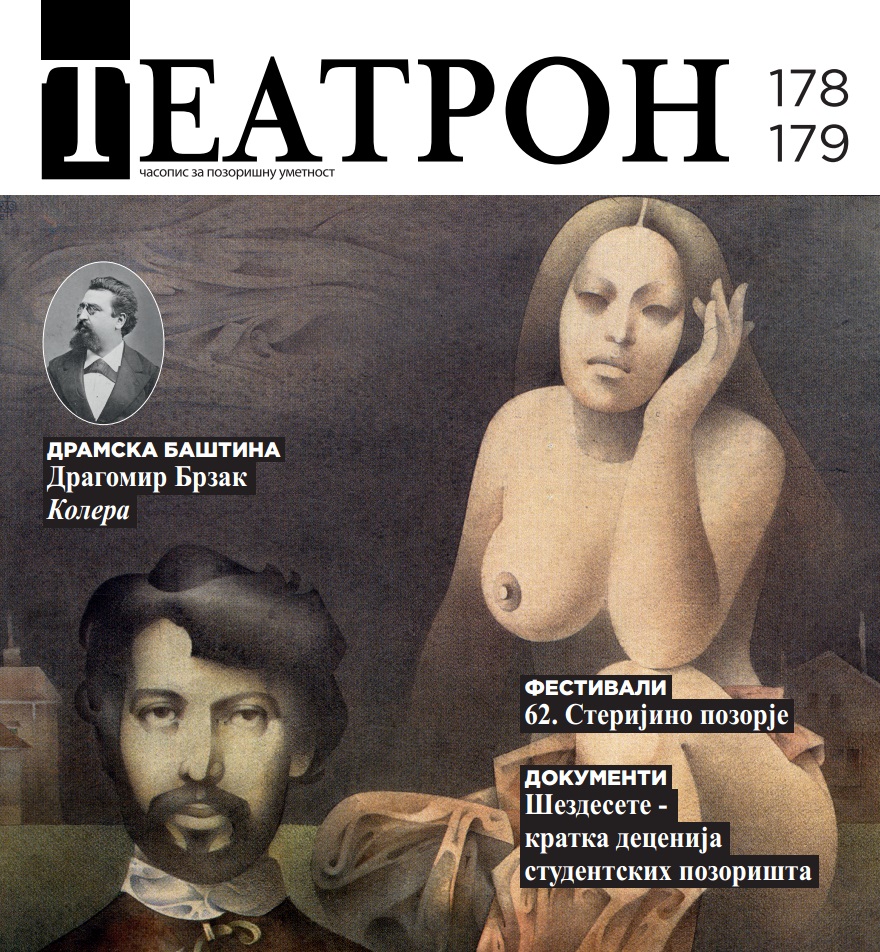
Пред читаоциама је критичко издање комедије Колера Драгомира Бразака (1852-1904) која до сада није штампана. У претходном колу Драмске Баштине I-V (2014) објављено је пет Брзакових драма. Накнадно сам дошао и до аутографа једночинке Колера сачуване међу рукописном заоставштином Бране Цветковића у Музеју позоришне уметности Србије (инв. бр. 238). Ово издање прикључује се већ приређеним драмама, али начин решавања текстолошких питања унеколико је промењен. Наиме, у издању Драмске баштине варијанте су навођене у основном тексту, у фуснотама, дакле, без посебног одељка у апарату издања. Међутим, с обзиром на формат и расположивост простора часописног издања, у критичком апарату, овом приликом, дате су варијанте текста у посебном одељку (издвојене су све измене вршене Брзаковом руком). Наведена је појава, лик и број странице, затим минимални контекст из основног/коначног текста, а у фусноти претходна варијанта да се читалац лакше снађе и упореди природу измена. Након основног, критички успостављеног текста комедије, следи Речник мање познатих речи, а потом текстолошке напомене (Рукопис комедије Колера), Правопис, Варијанте, затим студије Скрајнути комедиограф, Комички пресек београдског жив
More...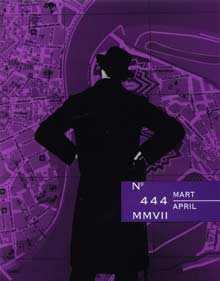
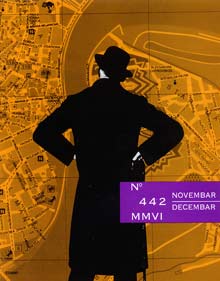
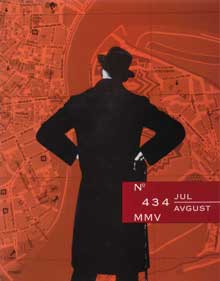
MM: Konačno si se probudio, strašno dugo je to trajalo. Toliko si se derao i umukao. Hoćeš li da ždereš? Pitam, hoćeš li da ždereš, neću te moliti. Nećeš, onda nemoj. Kad ti se bude htelo, onda možda više neće biti. Kako smrdiš, o prokletstvo: govno. Usrao si se. Nemoj da misliš kako će me to dirnuti, nije mi prvi put da vidim tvoja govna. Progovorićeš, konačno, ili ne? I, onda?
More...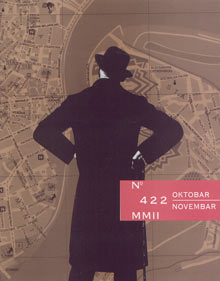
Scena: Običan park. Prolećno popodne. Dve klupe. Jedna sleva paralelna i naspram proscenijuma. Druga zdesna i vertikalno u odnosu na prvu klupu. U dnu nebo.
More...